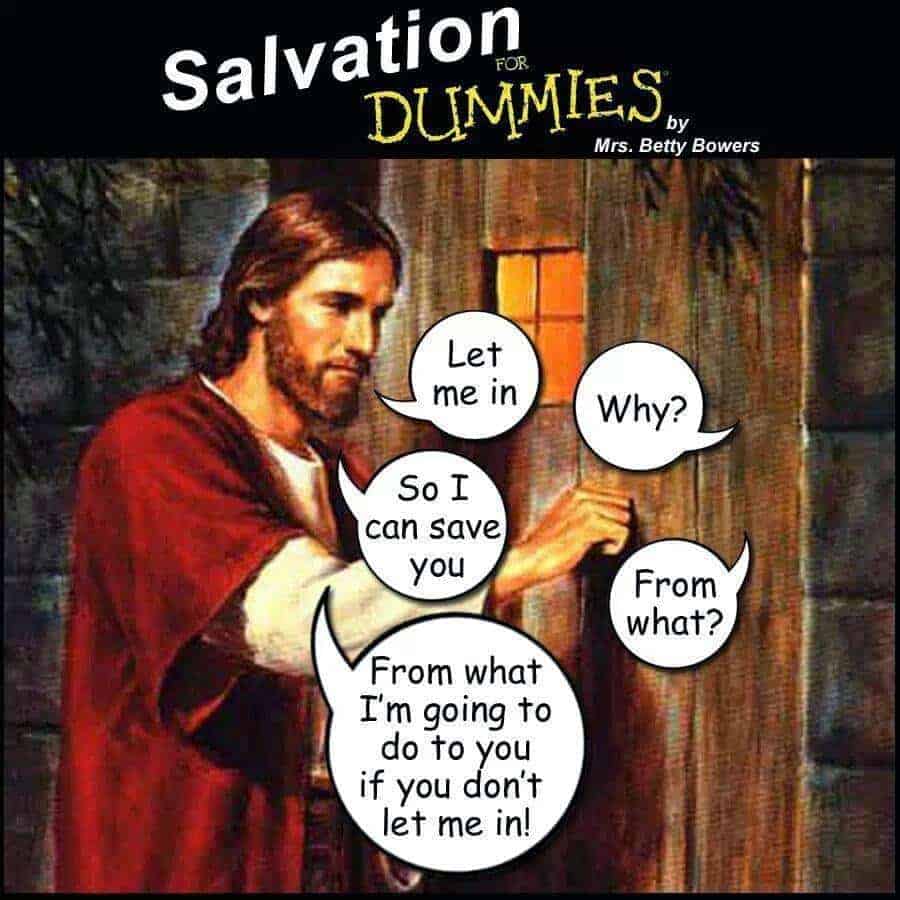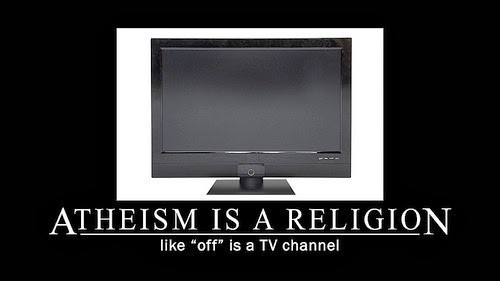Daniel 2 Doubts Wrapped Up in Daniel Book/Doctrine Doubts
The relevance of the second chapter of the book of Daniel to a believer in Seventh-day Adventist doctrine is entirely dependent upon the church’s twin doctrines, “The Sanctuary” and “The Investigative Judgment”.
Both of those doctrines depend heavily upon a view of the whole book of Daniel which has largely been abandoned by modern liberal scholarship, as noted below. Both of these doctrines build upon that abandoned interpretation of Daniel 2 which relied upon it as prophecy written before the events it predicted rather than as ‘history’, written after the events which it pretends to predict (the modern view). Both of those doctrines are unique to a single denomination within Christianity, the Seventh-day Adventist Church; but even within that church, there is no agreement as to the reliability of those very doctrines! The best summary of the controversy over those twin doctrines is found in three parts:


